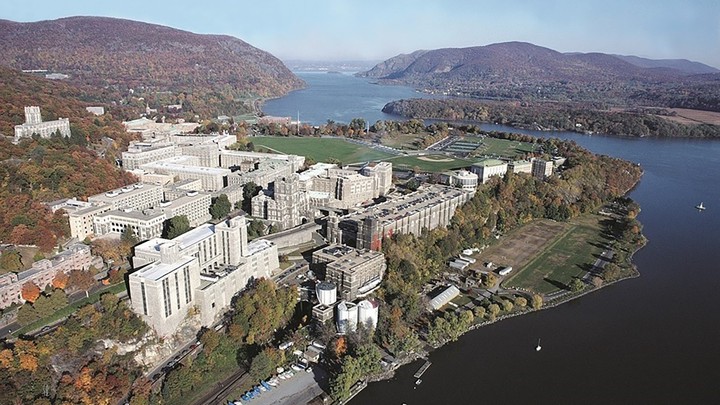Toward a Developmental Approach to Measuring the Development of Character: Perspectives from Project Arête
 Image credit: West Point Athletics
Image credit: West Point Athletics
Abstract
Contemporary models of character development emphasize that character is a malleable outcome of individual-context relations. Positive character, or character virtues, vary in relation to specific contextual circumstances requiring the enactment of specific behaviors that are morally appropriate and necessary for positive individual-context relations to occur. The exploration of the features of character virtue development that arise in specific contexts points to the role of educational institutions as key settings wherein character develops, including higher education institutions whose fundamental mission is to train leaders of character. This potential value for understanding how leaders of character are “produced” within such an institution was a key basis of Project Arête, a study of the pathways of character virtue development and leadership traversed by the cadets within the United States Military Academy (USMA) at West Point. We discuss the theoretical and methodological ideas we have used within Project Arête to shape our assessments of character development and leadership, and focus on issues involved in the design, measurement, and analysis of developmental changes in individuals, context, and individual context relations.